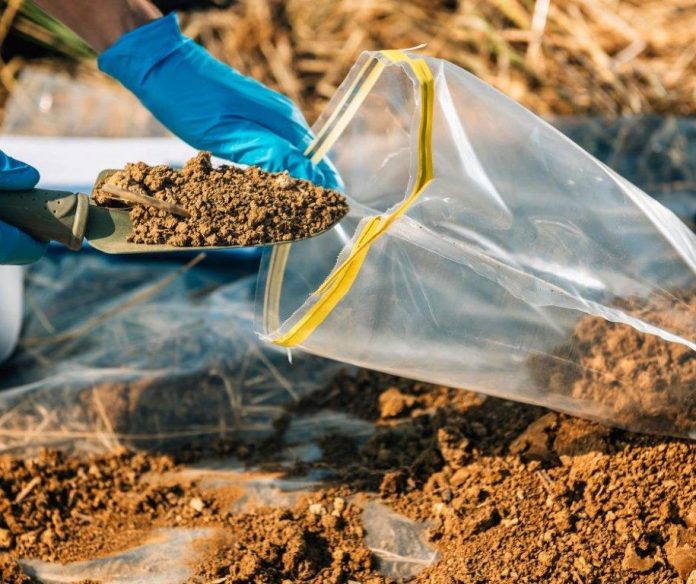By Mike James
Is the soil in your garden healthy? There is only one way to tell for sure. Have it tested by the experts and get recommendations on improving soil fertility.
Why Soil Quality is Important: Good tasting vegetables, good looking flowers, and more depend on healthy soil. The soil is the source of all the nutrients the plants need.
Where to Get Your Soil Tested: Texas A&M AgriLife Extension Service Soil, Water and Forage Testing Laboratory offers a soil testing service for a nominal fee. Use this link to obtain the form for an Urban and Homeowner soil test which includes instructions for collecting samples, payment, and mailing: soiltesting.tamu.edu/files/urbansoil.pdf.
The forms and sample bags are available at your local TAMU AgriLife Extension Service.
What to Test For: Very simply request the Routine Analysis Test (#1). There are options for many micro-nutrients that you really don’t need currently.
How to Collect a Sample: Collecting good soil samples is critical to getting accurate results from your soil analysis.
- You need a clean shovel or trowel and a clean plastic container (5-gallon bucket).
- Dig 6 inches deep in 10 different places in your garden.
- Thoroughly mix all 10 scoops in the plastic container.
- Place a pint of the mixed soil in your soil sample bag or in a plastic baggy.
- Don’t mix the samples from different gardens.
Understanding Your Soil Report: Your soil analysis report will be mailed and/or emailed to you. Consider asking for assistance with interpreting this data. For assistance, drop by your county extension office or reach out to the Help Desk at DCMGA.
Learn more about soil testing on the Denton County Master Gardener website: txmg.org/denton/north-texas-gardening/community-gardening/soil-testing
For more information about gardening in North Texas, see dcmga.com/north-texas-gardening
Happy Gardening!









.jpg)







